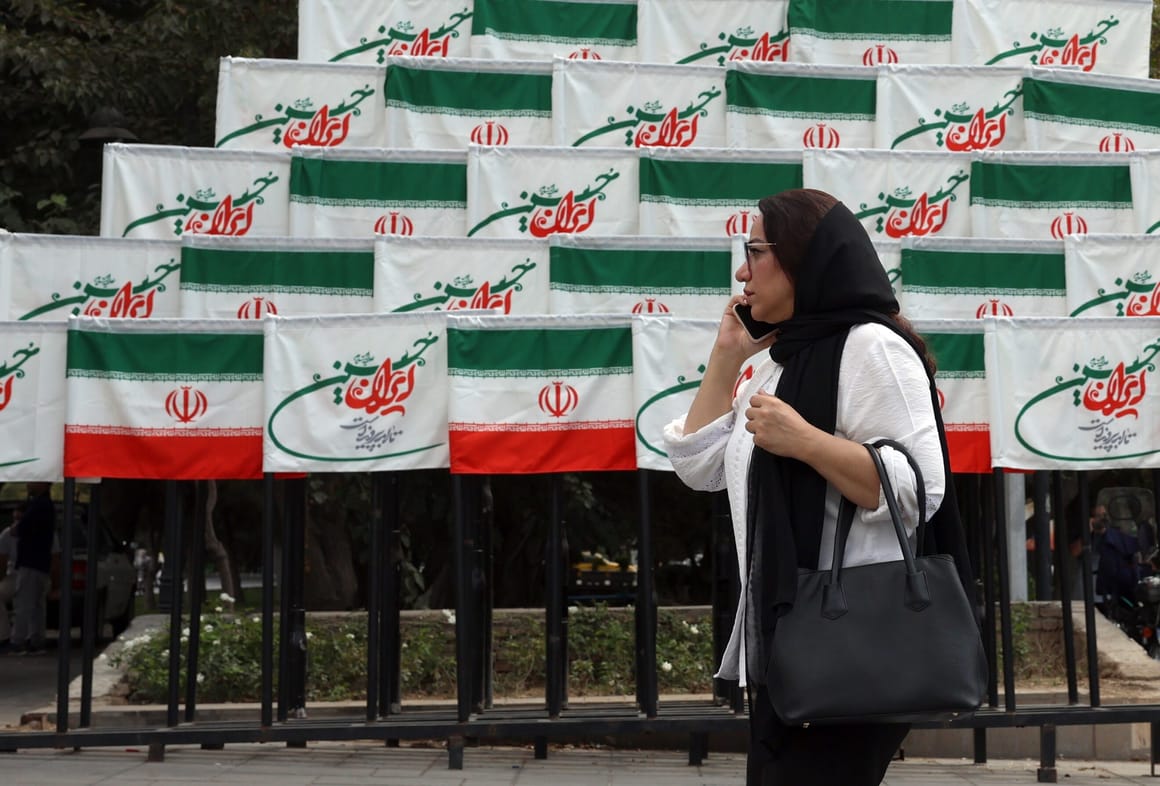Politics
UN Sanctions on Iran Set to Resume Following Failed Delay Efforts

Iran is poised to face the reimposition of United Nations sanctions on its nuclear program beginning Sunday. This follows a failed attempt to delay the sanctions on Friday, led primarily by Germany, France, and the United Kingdom. The sanctions had originally been lifted under a 2015 agreement, which unraveled in 2018 when the United States withdrew from the deal.
In response to the renewal of sanctions, Iran has recalled its ambassadors from Berlin, Paris, and London, according to the state news agency Mehr. Iranian President Masoud Pezeshkian expressed strong condemnation of the sanctions, labeling them as “unfair, unjust, and illegal.” He accused foreign powers of seeking justification to destabilize the region.
Efforts by China and Russia to postpone the sanctions did not receive sufficient backing in the U.N. Security Council. This development occurred after a series of final negotiations between Iranian representatives and European officials, including the European Union’s foreign policy chief, Kaja Kallas, which ended without a resolution.
Details of the Sanctions
The reinstated sanctions encompass a comprehensive arms embargo, restrictions on uranium enrichment, and prohibitions on activities related to certain ballistic missile technologies. They also allow for inspections of cargo operated by Iran Air and Iran Shipping Lines, alongside asset freezes and travel bans.
President Pezeshkian indicated that Iran requires assurances of safety from potential attacks on its nuclear facilities, particularly from Israel, to normalize its uranium enrichment activities. He reiterated Iran’s stance that it is not pursuing nuclear weapons. Following a series of military engagements, including bombings by Israel and the U.S. during a conflict in June that reportedly resulted in over 1,000 casualties, Iran has restricted access for international nuclear inspectors to its facilities.
Iranian Foreign Minister Abbas Aragchi criticized the diplomatic efforts, stating, “The United States has betrayed diplomacy, but it is the E3 (Britain, Germany, and France) which have buried it.” This sentiment underscores the ongoing tensions surrounding Iran’s nuclear ambitions and relations with Western powers.
As the sanctions take effect, the international community will closely watch the implications for regional stability and Iran’s nuclear program. The renewed sanctions not only impact Iran’s economy but also play a critical role in the broader geopolitical landscape.
-

 Top Stories3 months ago
Top Stories3 months agoTributes Surge for 9-Year-Old Leon Briody After Cancer Battle
-

 Entertainment4 months ago
Entertainment4 months agoAimee Osbourne Joins Family for Emotional Tribute to Ozzy
-

 Politics4 months ago
Politics4 months agoDanny Healy-Rae Considers Complaint After Altercation with Garda
-

 Top Stories4 months ago
Top Stories4 months agoIreland Enjoys Summer Heat as Hurricane Erin Approaches Atlantic
-

 World5 months ago
World5 months agoHawaii Commemorates 80 Years Since Hiroshima Bombing with Ceremony
-

 Top Stories3 months ago
Top Stories3 months agoNewcastle West Woman Patricia Foley Found Safe After Urgent Search
-

 Top Stories5 months ago
Top Stories5 months agoFianna Fáil TDs Urgently Consider Maire Geoghegan-Quinn for Presidency
-

 World5 months ago
World5 months agoCouple Convicted of Murdering Two-Year-Old Grandson in Wales
-

 World5 months ago
World5 months agoGaza Aid Distribution Tragedy: 20 Killed Amid Ongoing Violence
-

 World5 months ago
World5 months agoAristocrat Constance Marten and Partner Convicted of Infant Murder
-

 Top Stories4 months ago
Top Stories4 months agoClimbing Errigal: A Must-Do Summer Adventure in Donegal
-

 Top Stories4 months ago
Top Stories4 months agoHike Donegal’s Errigal Mountain NOW for Unforgettable Summer Views









